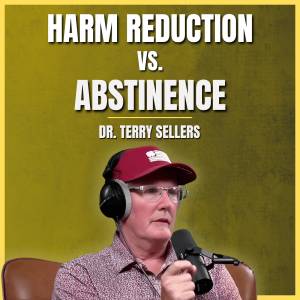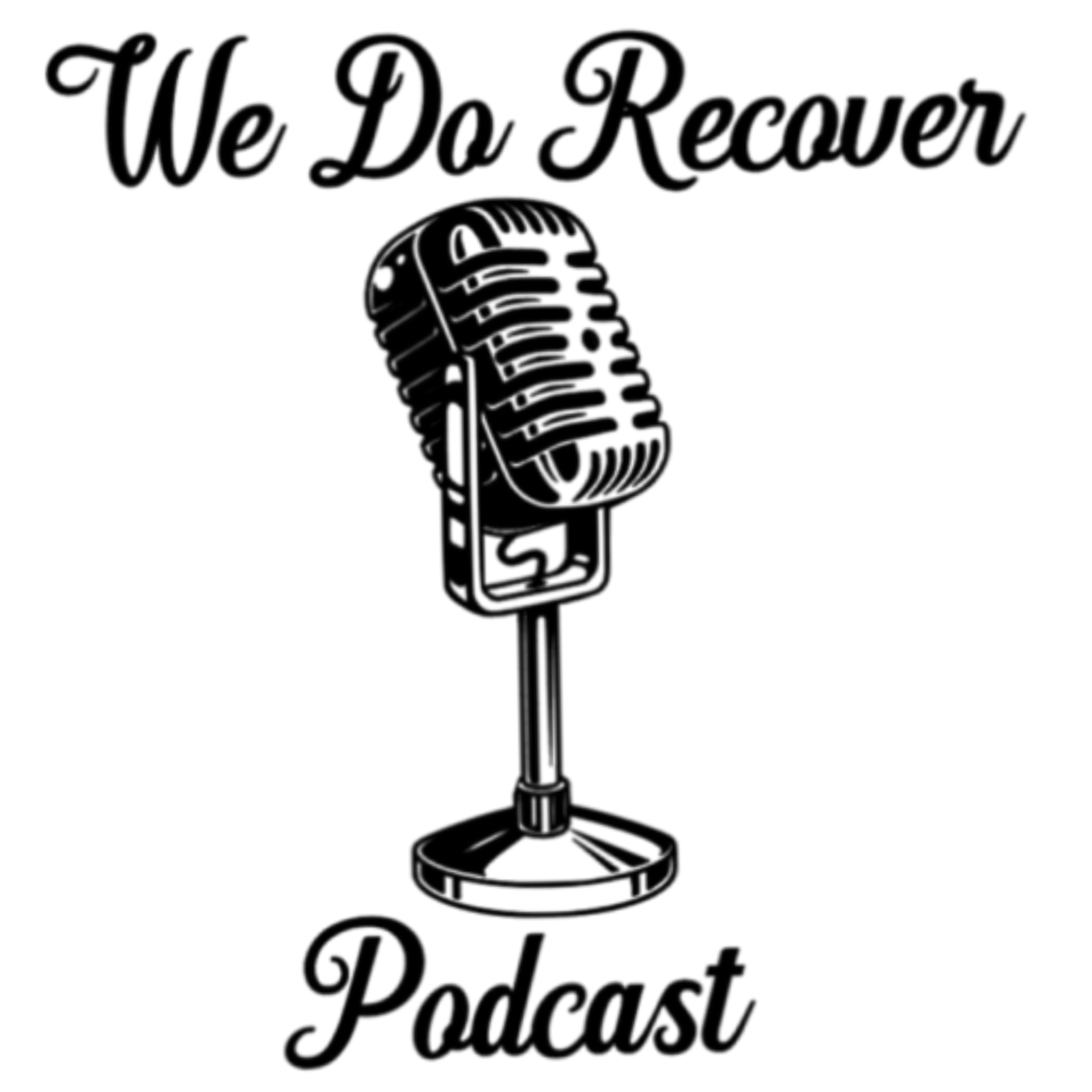Episodes

2 days ago
2 days ago
The debate between harm reduction and abstinence-only approaches continues to shape addiction treatment, but is it really an either/or proposition? In this thought-provoking episode, Dr. Terry Sellers shares his perspective: "Here's where I really disagree with harm reduction. I don't disagree with it for the most part, but when they remove abstinence as one of the possibilities of choices, they've removed patient autonomy. My job as a physician is to lay out all the possibilities and then we decide which one's going to work for you." Throughout our conversation, we explore how substance abuse exists on a spectrum, with various interventions appropriate at different points in recovery. While acknowledging the life-saving potential of harm reduction strategies, we also challenge the notion that abstinence shouldn't be presented as a viable option for those seeking recovery. As Dr. Sellers puts it, "You can't get hepatitis C from a needle if you're not using needles... you can't die of a fentanyl overdose if you don't use something with fentanyl in it." In many ways, abstinence represents the ultimate form of harm reduction. We also tackle the misconception that addiction treatment "doesn't work" by contextualizing success rates. When someone attempts recovery without treatment, success rates hover below 1%, while formal treatment increases this to 15-20% – comparable to management success rates for other chronic conditions like diabetes and hypertension. Perhaps most importantly, we highlight the critical factor most overlooked in recovery: "Here's one of the magic things in treating people is spelled T-I-M-E. If you just go somewhere for 30 days, 45 days, even 60 days, and that's all you do... statistically, we know the longer you stay in treatment, the higher your success rate is going to be." Whether you're a treatment professional, someone in recovery, or a concerned loved one, this episode offers valuable insights into creating recovery pathways that honor individual choice while maximizing chances for long-term success. Join us as we navigate this complex conversation with compassion, experience, and a commitment to patient autonomy.


No comments yet. Be the first to say something!